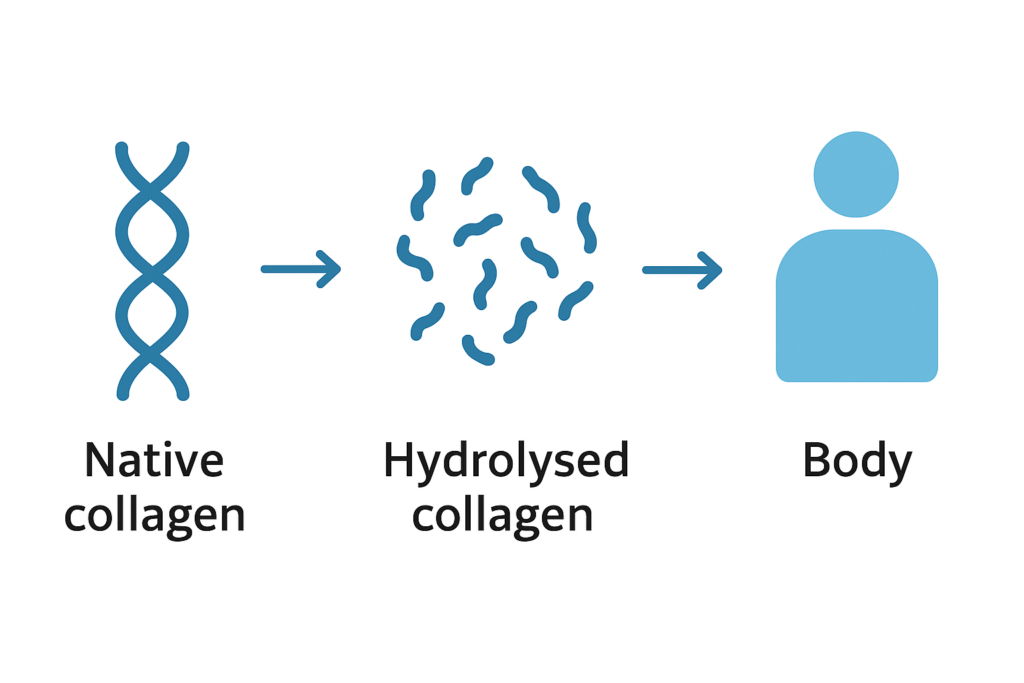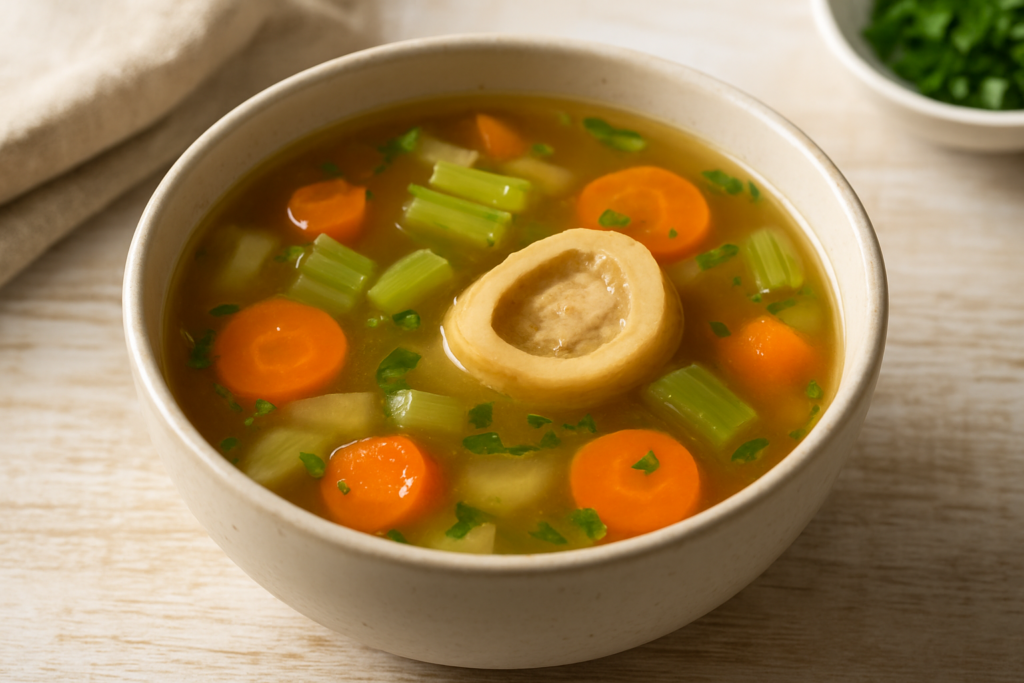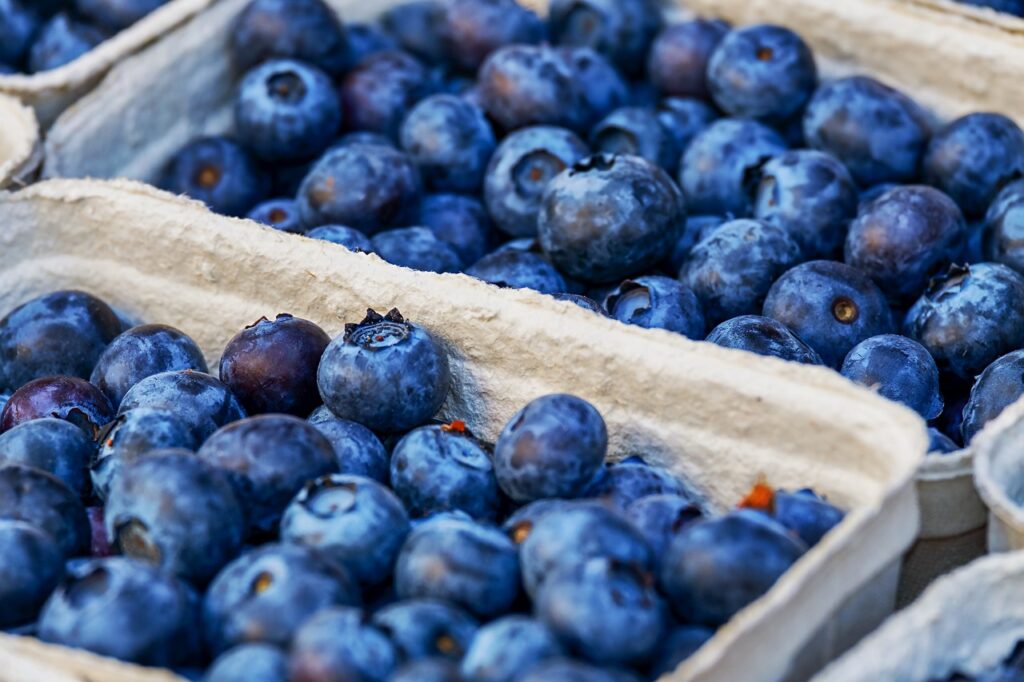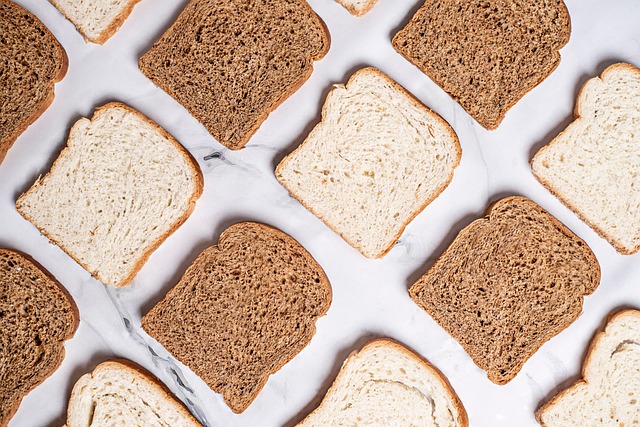
The most abundant protein in our Body
Collagen is a heavy, fibrous molecule that forms the framework of skin, tendons, muscles, cartilage and bone. It is essentially the scaffolding that keeps us together. Every single tissue in the body contains some form of collagen.
Three amino acids—glycine, proline, and hydroxyproline—mainly make it up, forming a triple-helix fiber that strengthens your skin and connective tissues and gives them elasticity.
Our body builds its collagen capital during childhood and adolescence. However, by adulthood we stop renewing it efficiently.
The decline of our collagen reserve isn’t just about wrinkles. Moreover, it can contribute to conditions such as osteoporosis or osteoarthritis, in which bones and joints lose resilience and flexibility.
So yes ! beyond the cosmetic aspect, collagen really is vital to our overall health.
That’s why so many people turn to supplements that claim to ‘restore’ or ‘boost’ their collagen levels.
Collagen Can NOT be supplemented
Our body produces collagen. In fact, this large molecule doesn’t exist in supplement form as it does naturally in the body.
When we eat collagen-rich foods, digestive enzymes break it down into tiny amino acid fragments, allowing them to pass through the gut barrier. The body then reassembles these amino acids into human collagen chains.
However, collagen synthesis depends on several key nutrients:
- Vitamin C
- Zinc
- Copper
- Protein
But even then, your body doesn’t automatically use these amino acids to make collagen. It may send them off to support countless other functions instead.
So, there’s no guarantee that the collagen peptides or amino acids you consume will go straight to your skin or cartilage.
Scooping collagen everyday does NOT guarantee that it goes straight to your skin or joints
What’s actually in collagen powder?
When a product is marketed as “collagen powder,” it’s not collagen in the biological sense of the term.
The true collagen molecule : the long, triple-helix protein that gives structure to your skin, bones, and tendons, does not exist in that sachet. It’s far too large and complex to survive manufacturing, dissolve in water, or pass through your digestive system.
What’s actually in those products is hydrolysed collagen or collagen peptides meaning:
The collagen has been chemically broken down (hydrolysed) into small fragments, short chains of amino acids.
These tiny peptides can pass through your intestinal wall after digestion, though still, your body will not “recognise” it as collagen for the skin or joints specifically.
In reality, only a very small fraction will ever reach those tissues.
The Science and the Gaps
Some studies show that collagen supplements can bring small improvements, slightly firmer skin or less joint pain. However, results remain mixed, and many of these studies are funded by the supplement industry or too small to draw firm conclusions.
More recently, a 2023 review in Nutrition Reviews pointed out that, while connective tissues constantly rebuild and respond well to exercise, no strong evidence yet proves that collagen powders or dietary proteins directly increase collagen production in humans.
👉 Read the full review in Nutrition Reviews
Overall, the science suggests possible but modest benefits. Until independent, long-term studies confirm stronger results, it makes more sense to focus on a nourishing diet, movement, and recovery — the natural ways your body already knows how to build collagen.
The Nutritional Way to Support Collagen Naturally
Instead of buying overpriced products that have been highly processed, focus on feeding your collagen factory from the inside out. Here’s nutrients that boost collagen synthesis naturally:
| Nutrient | Function | Food sources |
|---|---|---|
| Vitamin C | Essential for hydroxylation | Citrus fruits, kiwi, bell peppers, parsley |
| Zinc | Supports cell repair and collagen enzymes | Oysters, pumpkin seeds, lentils |
| Copper | Needed for collagen cross-linking | Nuts, cocoa, seafood |
| Glycine & Proline | Main collagen amino acids | Meat with connective tissue, eggs, bone broth |
| Antioxidants | Protect fibres from oxidation | Berries, green tea, colourful veg |
Ancestral food: The Forgotten Secret
Our grandparents didn’t need powders.
They ate whole cuts of meat. It includes skin, bones, tendons, and long simmered stews. These provided natural collagen and gelatine. What modern “bone broth” marketing is rediscovering.
A few examples of collagen- rich traditional meals:
- Slow-cooked meat stews with tendons or cartilage.
- Fish soups made with heads or bones.
- Homemade broth

Collagen Is Built, Not Bought
Why would you out-supplement biology? Your body already knows how to make its collagen ! And that is pure magic !
So before spending £50 a month on a highly processed product, invest that money in :
- fresh fruit and veggies
- quality meat and fish
- habits that preserves collagen (sun protection, balanced diet, sleep, hydration…)
To conclude, the true beauty and resilience is not found in a powder sachet. It is a result of a long and ongoing process of self caring in every aspect.


